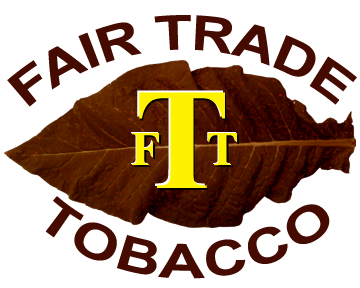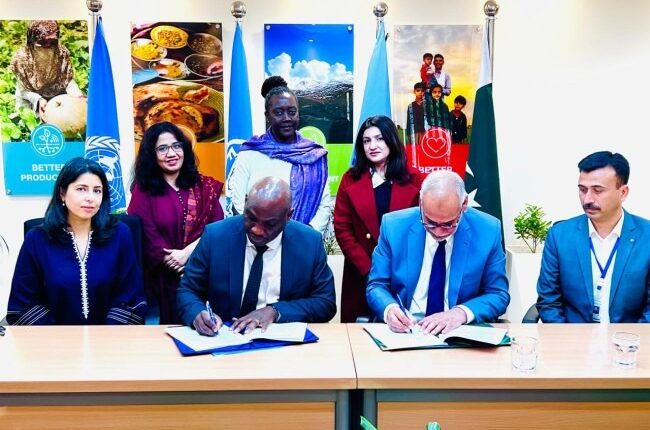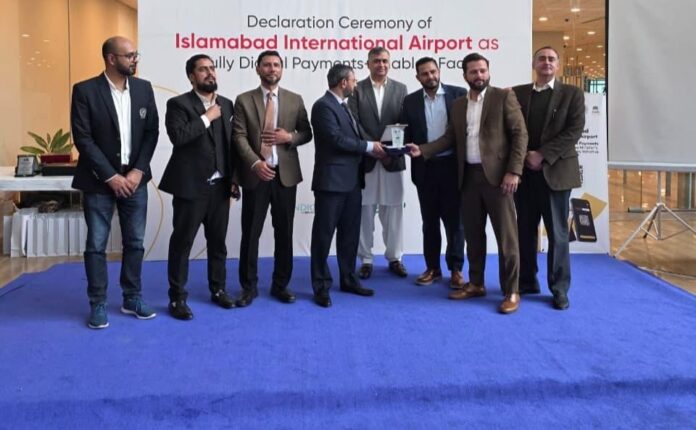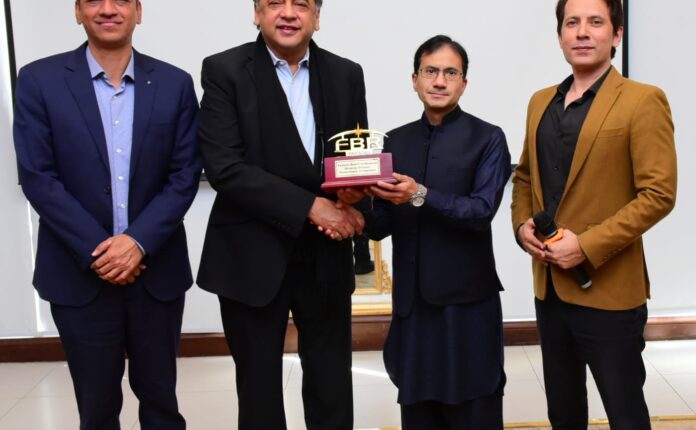Islamabad: Muhammad Ameen, Chairman of Fair Trade in Tobacco (FTT), has expressed grave concern over the narrative presented at a recent seminar titled “Taxing Tobacco: A Path to Reducing Consumption and Saving Lives”. Organized by a foreign-funded think tank based in Islamabad, with assistance from an international non-governmental organization (INGO) operating without registration from the Ministry of Interior, the seminar painted a skewed picture of Pakistan’s tobacco industry while neglecting critical facts about the sector.
“The tobacco industry in Pakistan has two distinct sides,” stated Ameen. “On one side are two multinational companies, which hold only 37% of the market share and operate under the country’s strict taxation and health regulations. These companies contributed a staggering Rs. 291 billion in taxes during FY 2023-24. On the other side are nearly 40 illicit cigarette producers, with 63% of the market share, who evade taxes and paid a mere Rs. 5 billion in the same period. Yet, these forums fail to highlight this glaring disparity.”
The seminar’s recommendations included further increasing taxes on the legitimate tobacco sector, a move that Ameen strongly criticized. “Such proposals ignore the reality that higher excise duties on an already overburdened legitimate industry will only strengthen the illicit trade. As the government acknowledged before the IMF earlier this month, excessive taxation leads to reduced revenue collection, as consumers shift to lower-cost, untaxed products offered by illicit operators,” he said.
Ameen pointed out that the foreign-funded think tank deliberately avoided discussing the tax evasion rampant in the illicit tobacco sector, which deprives the national exchequer of Rs. 300-330 billion annually. “Instead of targeting the non-compliant, tax-evading players who dominate 63% of the market, these forums push policies that unfairly penalize the tax-compliant, legitimate businesses. He added this approach damages a key revenue-generating sector and “erodes investor confidence in Pakistan’s regulatory environment.”
Addressing the seminar’s calls for adopting global best practices, Ameen emphasized the importance of local context. “While aligning with international frameworks like the WHO’s FCTC is essential, taxation policies must account for local market realities. Blindly adopting measures designed for economies with entirely different challenges will harm Pakistan’s legal tobacco sector and undermine the livelihoods of tens of thousands of farmers and workers who depend on it,” he stated.
Ameen also expressed concern over the motives behind such events, which are being organized with support from INGOs operating without proper registration. “These unregistered INGOs and their partners use the cover of promoting public health or increasing government revenue to push an agenda that ultimately benefits illicit operators. Their convenient silence on the impact of their recommendations on the legitimate industry raises serious questions about their intentions,” he noted.
He further warned that the recommendations made at such forums could have far-reaching economic consequences. “More than being about health concerns, these discussions increasingly appear to be acts of economic sabotage. The legitimate tobacco sector operates within the bounds of the law, pays its fair share of taxes, and supports millions of livelihoods. Undermining it with excessive taxation will only harm Pakistan’s economy,” Ameen asserted.
FTT’s Chairman called on policymakers to prioritize fairness and evidence-based decision-making in taxation policies. “We urge the government to recognize the vital contributions of the legitimate tobacco industry, ensure that tax policies are rationalized to foster compliance, and address the growing menace of illicit trade. Pakistan cannot afford to let foreign-funded narratives dictate policies that compromise its economic stability,” he stated.







